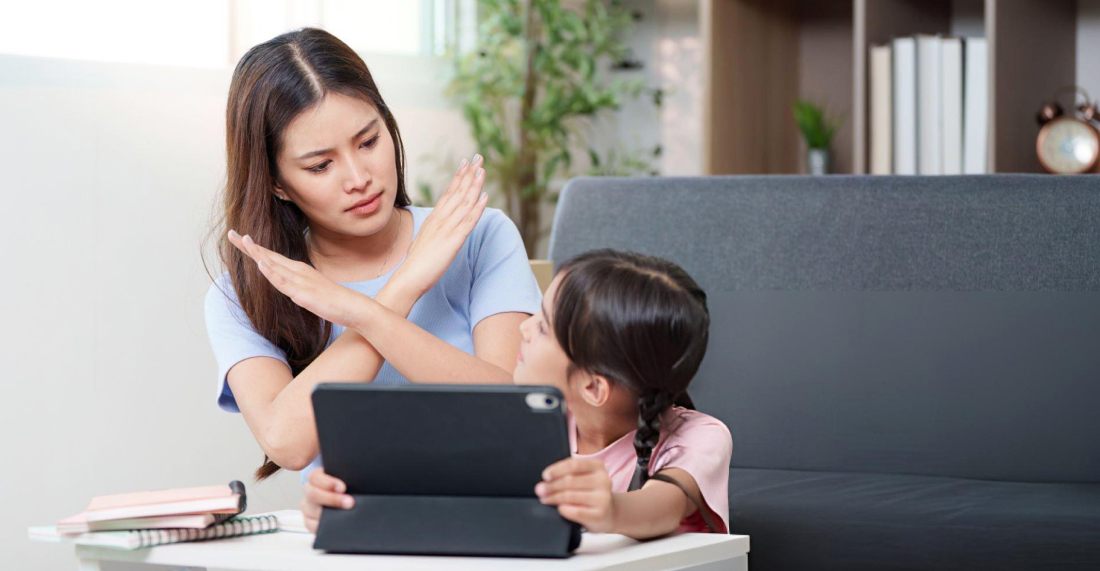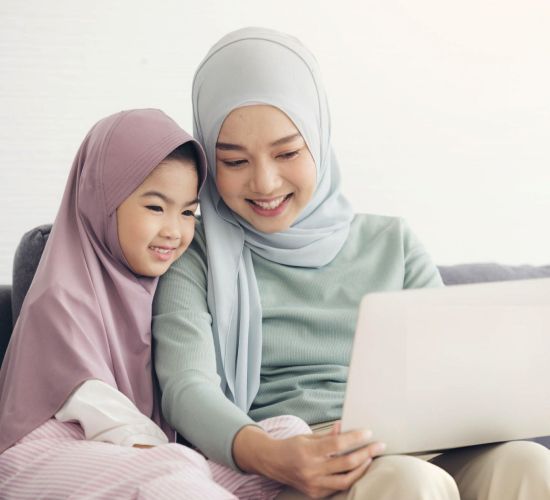

In today’s digitally saturated world, screens are an undeniable and increasingly pervasive part of daily life, from smartphones and tablets to televisions and computers. For new parents, navigating the complexities of screen time for toddlers presents a unique and often perplexing challenge. While technology undeniably offers avenues for entertainment and even some educational potential, a growing body of research and widespread concerns about its profound impact on young children’s rapidly developing brains are prevalent.
This article aims to provide a clear and balanced perspective on this contemporary parenting dilemma, exploring the recommended guidelines from leading health organisations, highlighting the potential pitfalls of excessive or inappropriate use, and offering practical, actionable strategies for integrating technology thoughtfully into your child’s routine. Our goal is to empower you to support, rather than inadvertently hinder, your child’s healthy growth and development in an increasingly digital age.
“Screen time” refers to the time spent by a child watching or interacting with digital media on devices such as televisions, tablets, smartphones, and computers. Official guidelines from organisations like the NHS and the World Health Organisation (WHO) provide clear recommendations for young children:
These guidelines emphasise that the quality of screen time and how it is used are as important as the quantity. Passive viewing differs significantly from interactive, educational content viewed with a parent.
The period from birth to 18-24 months is a critical window for rapid brain development, social-emotional learning, and language acquisition through real-world interactions. During this time, the effects of screen time on babies can be particularly detrimental. Experts strongly advise against screen time for babies under 1 because it displaces crucial activities like face-to-face interaction, tummy time, and unstructured play, all of which are vital for cognitive and physical growth. Instead, infants thrive on direct engagement with caregivers, exploring their environment through touch, taste, sight, and sound, and developing foundational skills through hands-on experiences.
Excessive or inappropriate screen time for toddlers can have several negative effects on child development, impacting various domains:
These points highlight why many experts cite numerous reasons why screen time is bad when not managed carefully, particularly for very young children. It’s about the missed opportunities for essential developmental experiences.
While the potential downsides are clear, technology isn’t inherently “bad.” The key lies in mindful integration and setting healthy boundaries.
Here’s how to balance screen time for toddlers:

Navigating screen time for toddlers requires a thoughtful and proactive approach from parents. While digital media is pervasive, understanding the negative effects of screen time on child development, particularly for babies under 1, is crucial. By prioritising real-world interactions, setting clear limits, choosing high-quality content, and actively engaging with your child during screen time, you can mitigate potential harms.
The goal is not to demonise technology, but to ensure it remains a tool that complements, rather than replaces, the rich, interactive experiences essential for a child’s optimal growth and well-being. Ultimately, a balanced approach ensures that children develop a healthy relationship with technology while thriving in all areas of their development.
Sources:
Spread the love, follow us on our social media channels